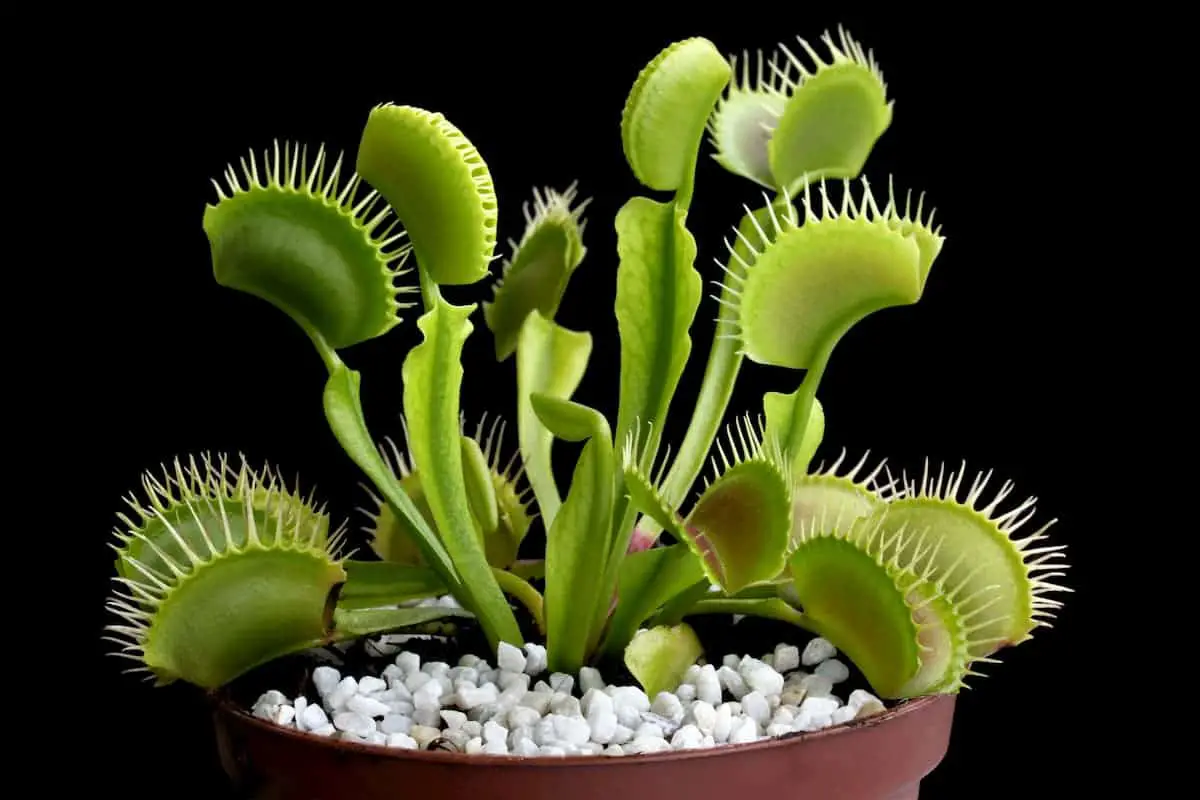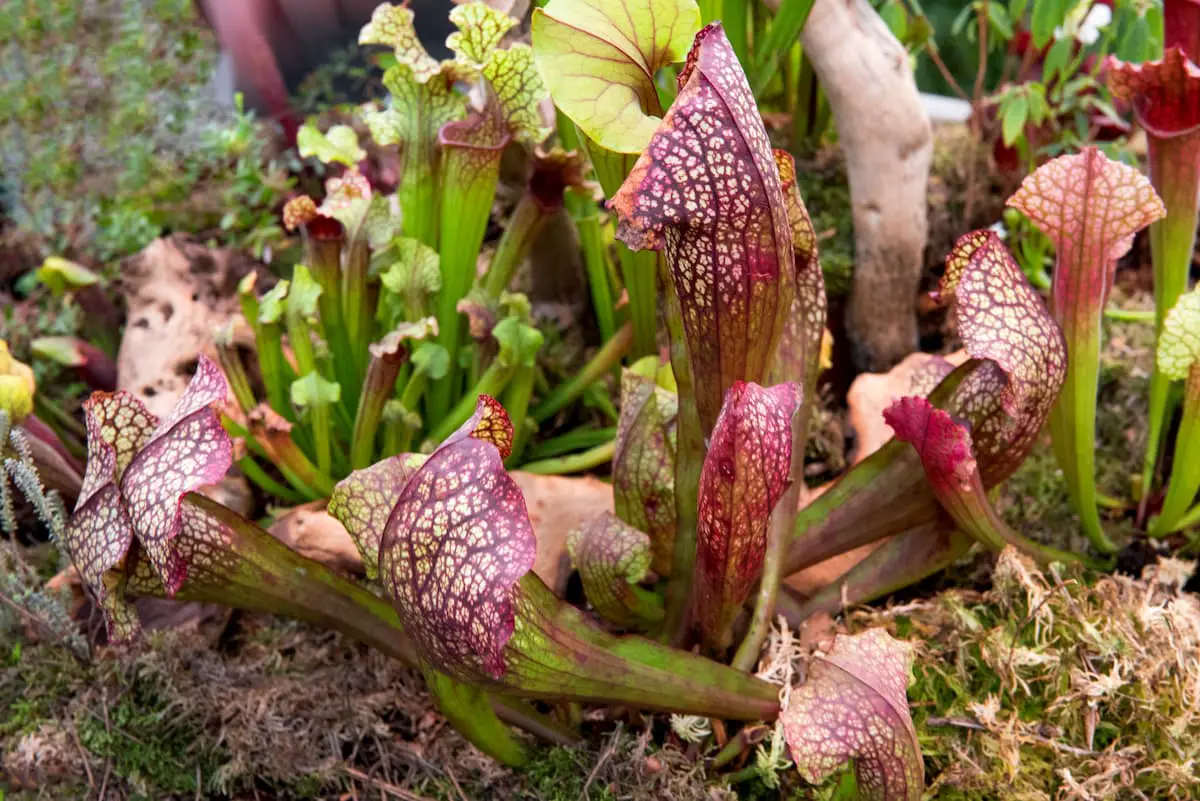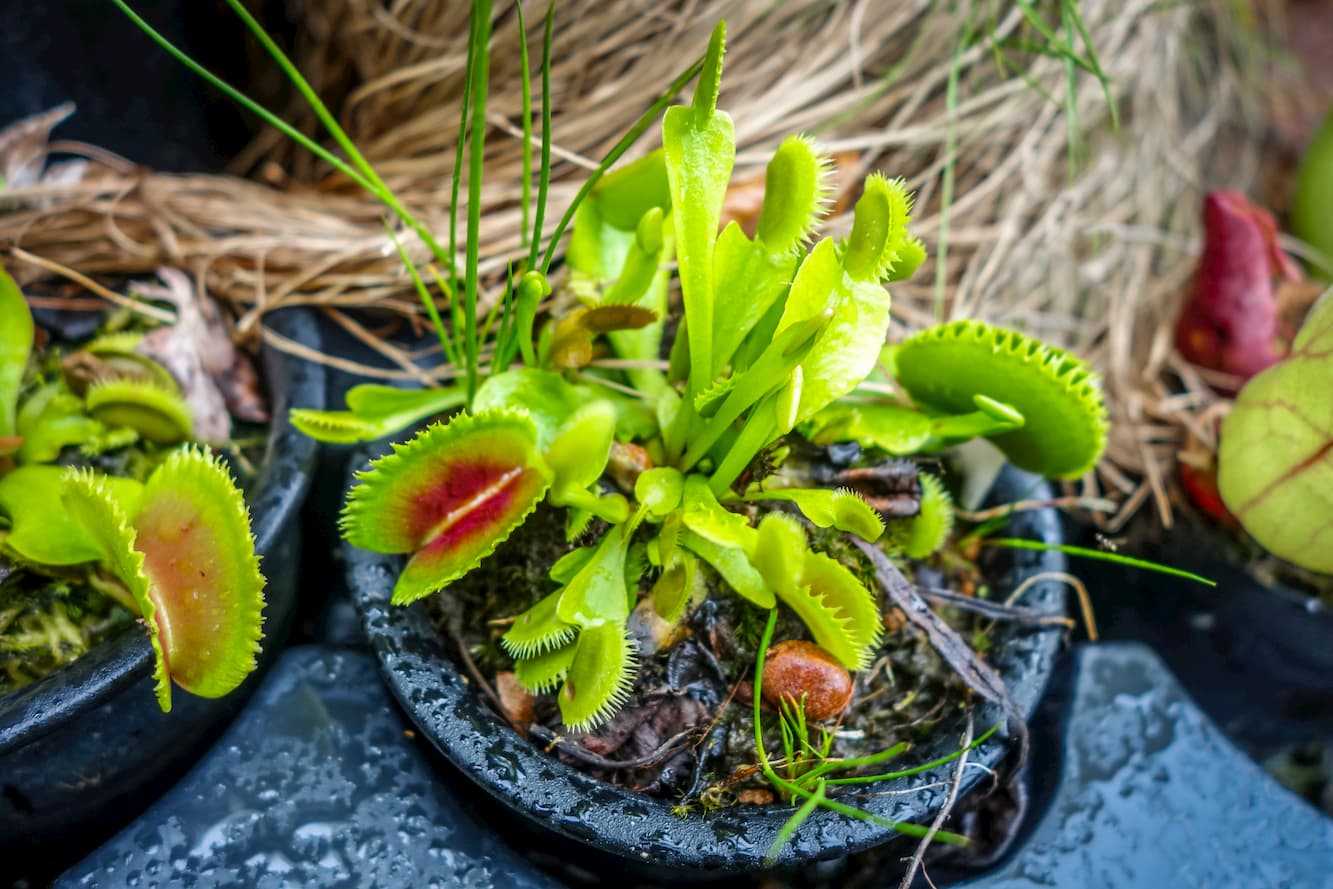One thing that is unknown to most is that carnivorous plants live in quite unlivable soil which has helped spawn their new abilities. Today we are going to dig into why they NEED to have sub-par soil and why having high-quality soil can be absolutely devastating to them!
The main way they live in very poor soil that lacks in nitrates is that they have adapted to absorb this and other important nutrients from the insects they catch and consume.
Let’s take some time and explore more about the soil and why and also how it is so important to growing a good, healthy plant. We will also explain why quality soil can be dangerous to your carnivorous plant.
What Is Nitrate Poor Soil?
So in terms of plant soil and what are necessary for typical plant growth the nitrogen, potassium, and phosphorus are IMPORTANT nutrients plants need to grow. Nitrogen is particularly necessary as it is responsible for proper foliage development.
Plants use nitrogen in the form of nitrates, which is nitrogen mixed with oxygen. They will typically absorb nitrates from the soil which is why it is so important to manage for most of your typical plant’s people grow.
When this soil is nitrate-free the plants are unable to pull their required nutrients from it leading to their inevitable death. Since nitrates are notably missing this leads to poor foliage and impaired growth and leads to less function and slow failure.
Why Do Carnivorous Plants Grow in Poor Soil?
It is not so much that they chose to grow in the poor soil as that they evolved to SURVIVE being born and stuck into poor soil. The other benefit of growing in very poor soil is there is far less competition as nothing is looking to take over space so they are far less challenged.
Your standard plants absorb their needed levels of nitrogen from nitrates within the soil. Since carnivorous plants live in bogs, where nitrates are in short supply, they instead need to get nitrogen from the digesting of prey.

How Do Carnivorous Plants Acquire Their Nutrients?
While most understand that it is obvious from consuming insects that are caught within their traps, each trap can and does have different methods to capture and digest along with different needs for missing nutrients.
Some carnivorous plants will also work in symbiosis with other insects who live around them to help get additional nutrients from the breakdown of the animals by the other insects. Sometimes this is how they get the additional nutrients that are available that they need, like the phosphorus and potassium.
What Happens When Carnivorous Plants Grow in Soil Rich in Nutrients?
Well with all the information above you may wonder why you wouldn’t want to give them a better springboard to launch from, like super high-quality soil with all the nutrients that your carnivorous plant needs. The real issues begin though in the things high-quality soil does to the plant itself, causing it to exceptionally fail.
Carnivorous plants that are exposed to more nitrogen than they need from the soil will develop overly green, soft, and weak leaves along with immune system issues. The plant may survive but it will be sub-optimal survival and will not be a healthy robust plant.
Bottom Line
Making sure to keep your soil perfect for your plants should be your objective when you decide to start growing them. You want them to be strong, robust carnivorous plants that thrive in their lives. This requires dedication and knowledge you should be willing to invest in this knowledge to properly care for them!




Leave a Reply